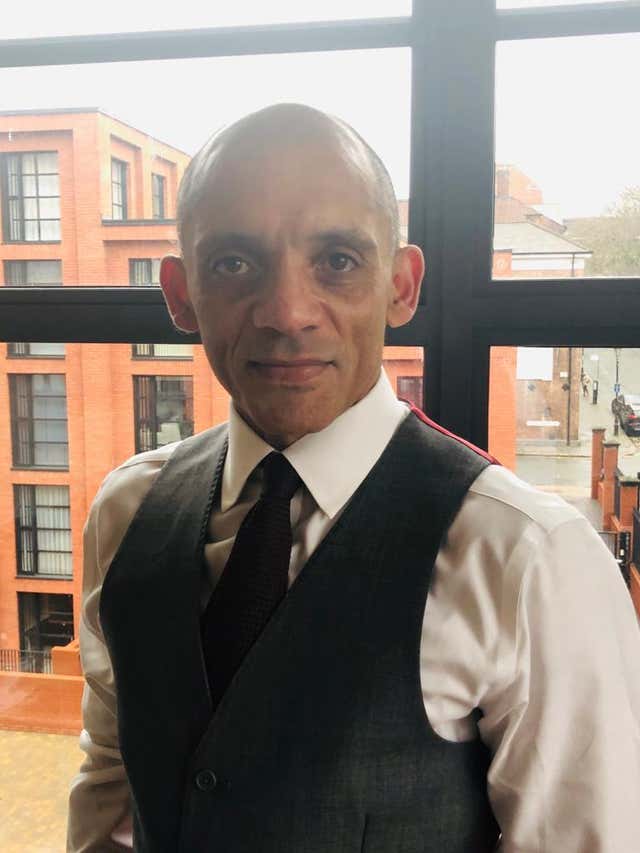Kick It Out's new chief executive says there is a need to remove the "fear" of saying the wrong thing in discussions around racism and other forms of discrimination.
Tony Burnett, who began work with the anti-discrimination body at the start of the month, says he hopes football can be the forum for a more open conversation.
In his first interview since taking up the post, he told the PA news agency: "It feels like we've gone backwards over the last 20 years. A lot of people I know are completely against discrimination and have supported me – physically and verbally – when I've been abused in different parts of my life.

"But they're confused now when it comes to talking about discrimination. They're told certain words they can't use, they're told certain groups they are supposed to support and others they're not supposed to support.
"To be honest, as an organisation, we're not interested in any of that stuff.
"If you're anti-discrimination and you believe that every human being is of equal value and has the right to belong in the football sphere, we want to work with you. We're not interested in what badges you support, what labels you support, as long as you're against discrimination, we want to work with you.
"One of the big things we want to see change is the removal of fear – human beings who are against discrimination having an open conversation about the things that need to change."
The abuse of footballers on social media is just an example of the hate that spreads on these platforms. We want assurance from Twitter and Facebook that online hate will continue to be taken seriously. We've co-signed this open letter 👇🏽 https://t.co/6U4XU8hh2T — Kick It Out (@kickitout) February 11, 2021
Burnett took over as Kick It Out's chief executive on February 1.
Ten days later, the organisation joined forces with football's other key governing bodies to write to the chief executives of Twitter and Facebook, calling on to them to take action to stop their platforms becoming "havens of abuse".
A number of players have faced appalling abuse online in recent weeks.
Burnett said that a response had been received and that Kick It Out and the other football authorities were "comforted by the fact that those organisations are taking our letter seriously".
He said it remained vital that individuals were held accountable for the material they post, and that they should be identifiable "right down to the device that they use".
What's your pledge? Hit retweet and quote this tweet with your own pledge to #TakeAStand against discrimination in football. pic.twitter.com/5cpYtJfrJI — Kick It Out (@kickitout) February 12, 2021
Burnett said it was important not to demonise the social networks and said the abuse was a wider societal problem.
"We're seeing an increase in far-right activity, we're seeing an increase in hate crime," he added.
"Government has also got a responsibility to help us eradicate this, it's not just about football and social media, we're almost the outpouring of the problem.
"The problem is real social issues of disenfranchised groups in the UK. We've got to fix this at a societal level. We need to teach kids about difference, about living in societies that are diverse. I don't think we do anywhere near enough from that perspective."






